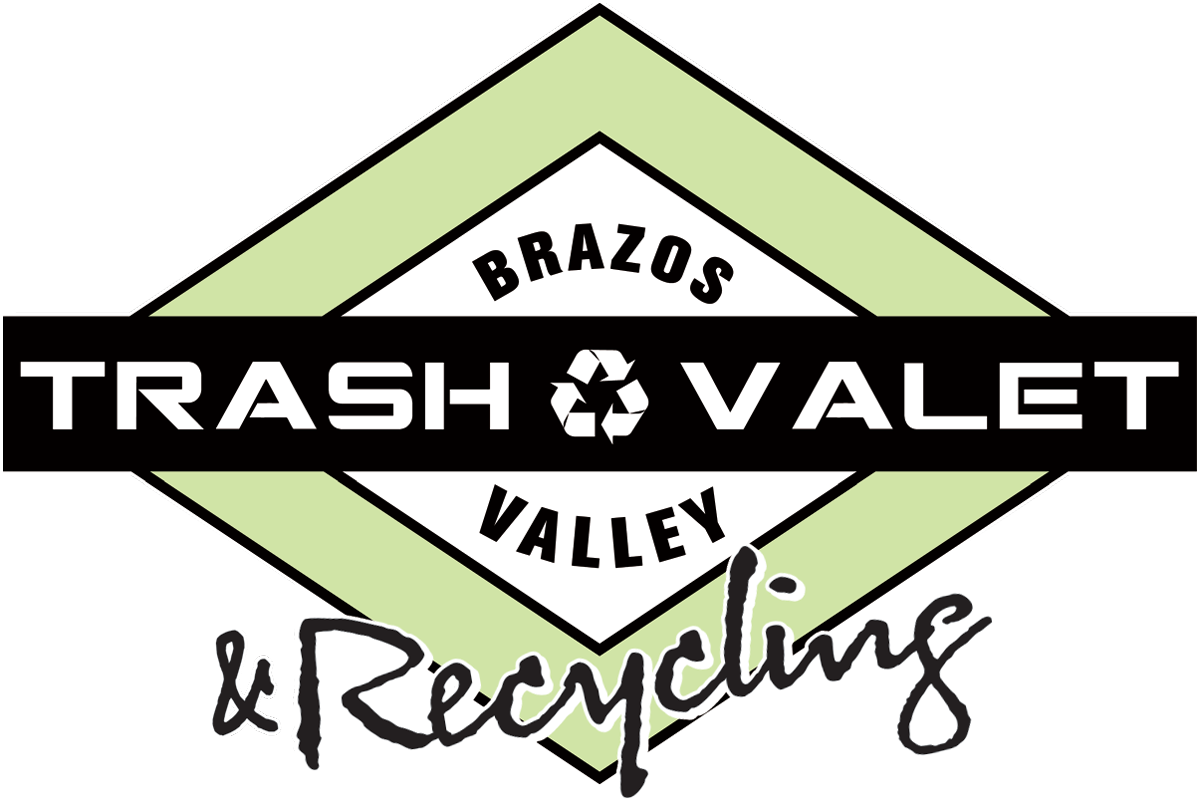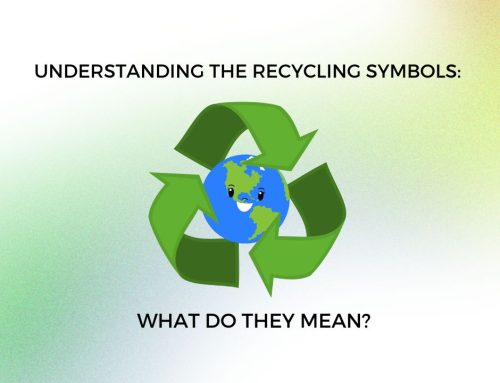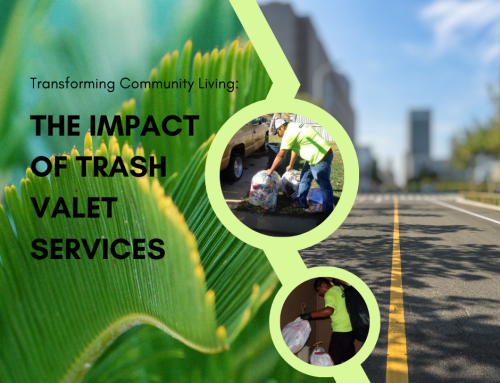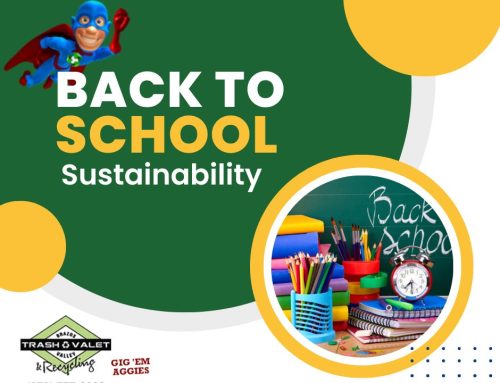How Has Recycling Changed Over the Pandemic?
The global COVID-19 pandemic has changed all of our lives in so many ways. Now, a year into the pandemic, we’re still reckoning with the differences compared to 2019 when we went in to work at the office, went out for drinks with friends later, and made plans for the kids to go out on the weekends. The COVID-19 pandemic has even changed the way we recycle, in ways you might not have realized.
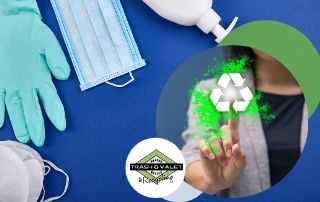
More Plastic Production
Plastic is the most common recycled material — for good reason. It’s non-biodegradable, and it tends to release harmful chemicals into the air when left in a landfill. It’s for this reason that the push to recycle plastic was one of the first big movements in recycling. But as the pandemic has led to lockdowns and staying at home, more and more plastic is being produced. Plastic bottled water, plastic bags in which delivery food is dropped off, and so on. While many manufacturers use recycled plastic for their products, recycled plastic is more expensive, so we’re seeing a trend of more plastic being produced over the course of the pandemic.
More Recycled Paper Needed
As stated above, many production companies seek out recycled materials in an effort to be more eco-conscious in their production. Over the course of the pandemic, the need for toilet paper and paper towels has surged, as well as the need for cardboard boxes due to a spike in home deliveries. When manufacturers are not able to order a sufficient amount of recycled materials, they must turn to production of raw paper and cardboard. The more paper and cardboard homeowners recycle, the less these manufacturers will need, which means less raw material is produced.
Fewer Public Recycling Bins
Some local stores have removed their trash and recycling bins from the premises. This is to minimize outside products brought to their facility, thus decreasing the risk of their employees catching the coronavirus. So while you may be able to get a cup of coffee at the drive-through on your way to the grocery store, it’s best to dispose of that cup in your own recycling bin when you get home. For homeowners that typically recycled in public rather than at home, this presents an opportunity to get their own recycling bin and start bringing that practice into their home.
Throughout the pandemic, trash and recycling has been counted as an essential business. Brazos Valley Trash Valet & Recycling is here for you and your changing trash and recycling needs. For an affordable monthly rate, we offer weekly trash pickup and complementary recycling. If you’re interested in starting recycling from home, now is the perfect time. Check out our list of acceptable materials or contact us today to learn more about our services or sign up for a monthly subscription yourself that will last through the end of the pandemic and beyond.
Share This Story, Choose Your Platform!
How Has Recycling Changed Over the Pandemic?
The global COVID-19 pandemic has changed all of our lives in so many ways. Now, a year into the pandemic, we’re still reckoning with the differences compared to 2019 when we went in to work at the office, went out for drinks with friends later, and made plans for the kids to go out on the weekends. The COVID-19 pandemic has even changed the way we recycle, in ways you might not have realized.

More Plastic Production
Plastic is the most common recycled material — for good reason. It’s non-biodegradable, and it tends to release harmful chemicals into the air when left in a landfill. It’s for this reason that the push to recycle plastic was one of the first big movements in recycling. But as the pandemic has led to lockdowns and staying at home, more and more plastic is being produced. Plastic bottled water, plastic bags in which delivery food is dropped off, and so on. While many manufacturers use recycled plastic for their products, recycled plastic is more expensive, so we’re seeing a trend of more plastic being produced over the course of the pandemic.
More Recycled Paper Needed
As stated above, many production companies seek out recycled materials in an effort to be more eco-conscious in their production. Over the course of the pandemic, the need for toilet paper and paper towels has surged, as well as the need for cardboard boxes due to a spike in home deliveries. When manufacturers are not able to order a sufficient amount of recycled materials, they must turn to production of raw paper and cardboard. The more paper and cardboard homeowners recycle, the less these manufacturers will need, which means less raw material is produced.
Fewer Public Recycling Bins
Some local stores have removed their trash and recycling bins from the premises. This is to minimize outside products brought to their facility, thus decreasing the risk of their employees catching the coronavirus. So while you may be able to get a cup of coffee at the drive-through on your way to the grocery store, it’s best to dispose of that cup in your own recycling bin when you get home. For homeowners that typically recycled in public rather than at home, this presents an opportunity to get their own recycling bin and start bringing that practice into their home.
Throughout the pandemic, trash and recycling has been counted as an essential business. Brazos Valley Trash Valet & Recycling is here for you and your changing trash and recycling needs. For an affordable monthly rate, we offer weekly trash pickup and complementary recycling. If you’re interested in starting recycling from home, now is the perfect time. Check out our list of acceptable materials or contact us today to learn more about our services or sign up for a monthly subscription yourself that will last through the end of the pandemic and beyond.
